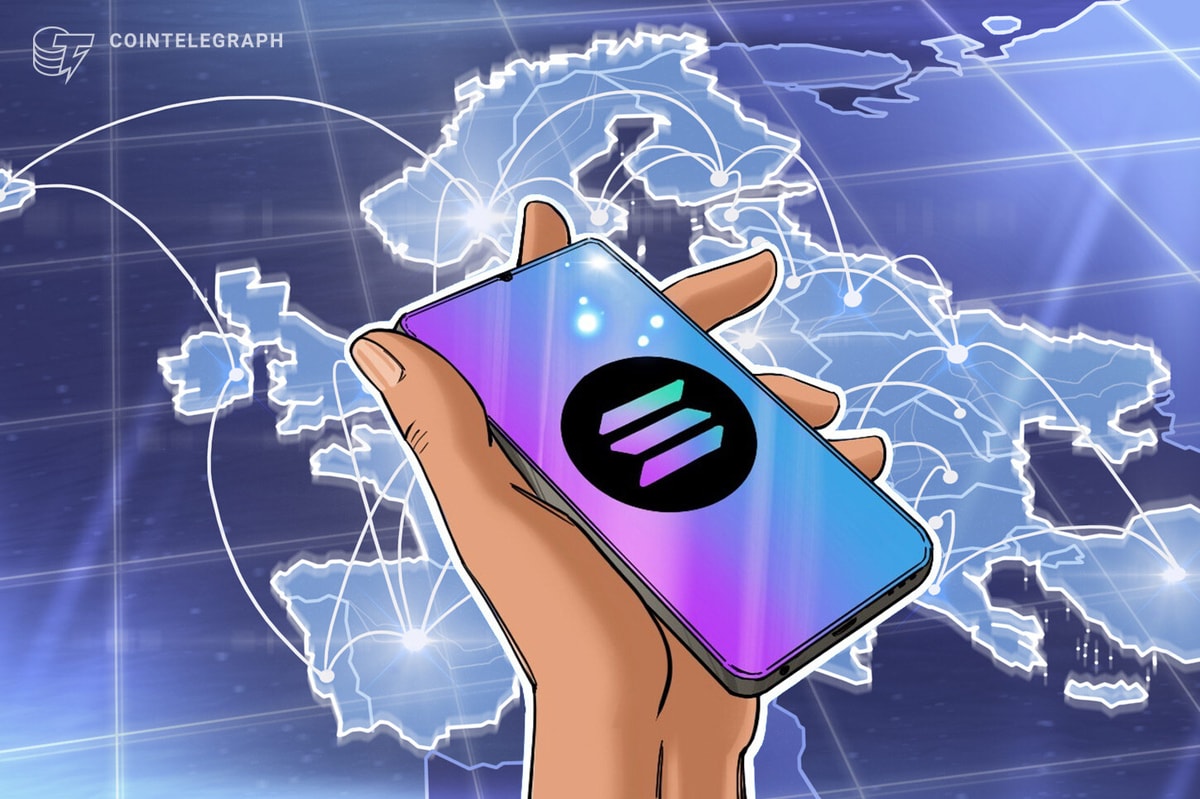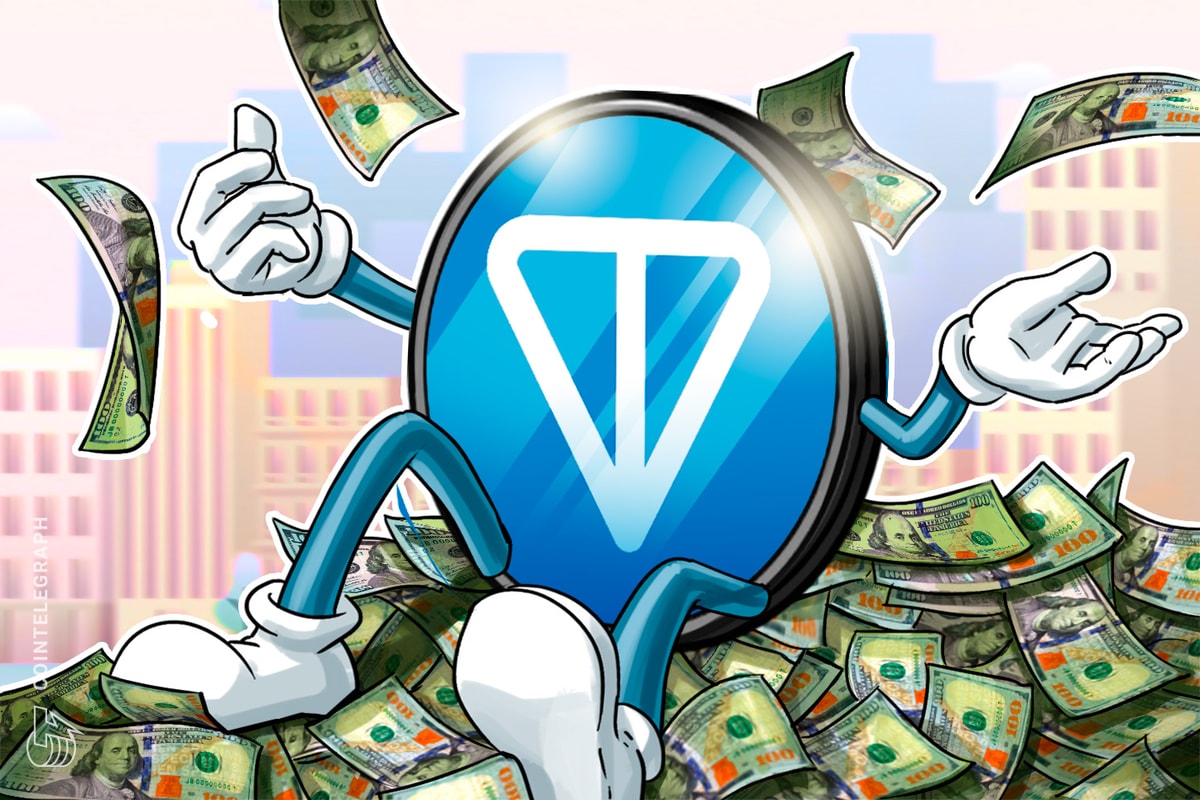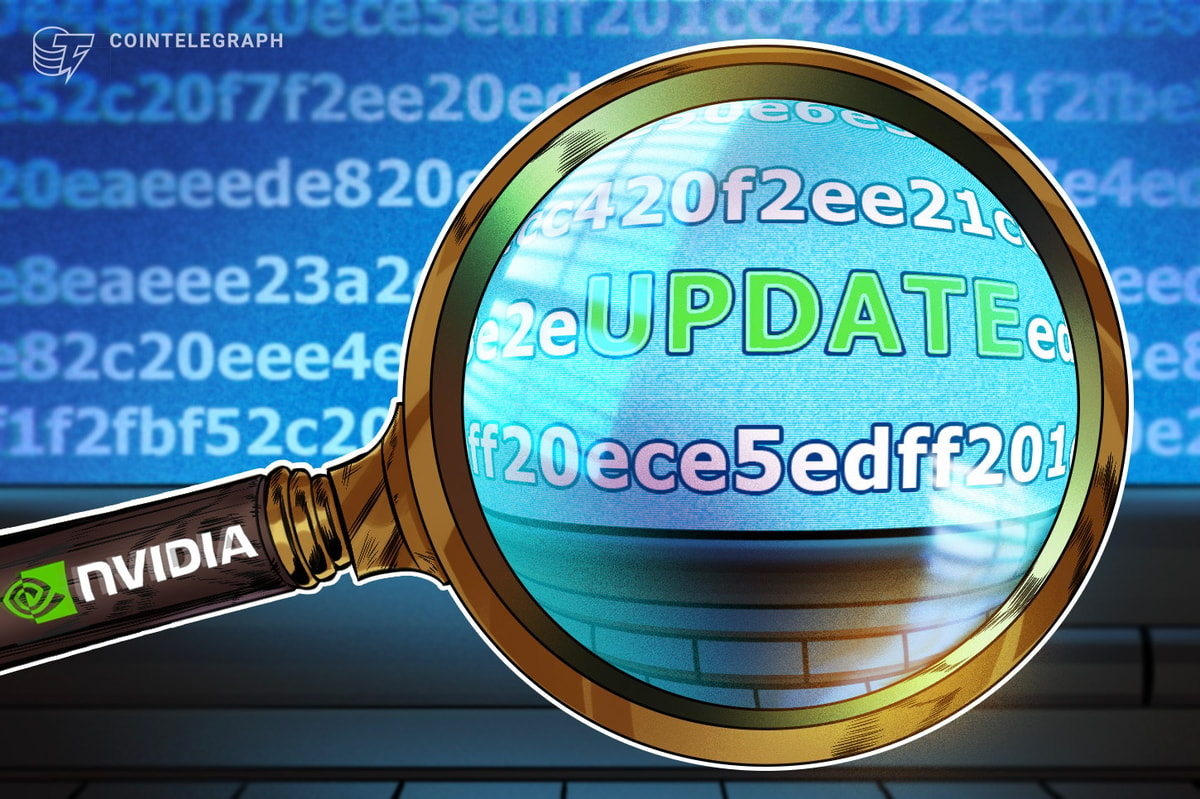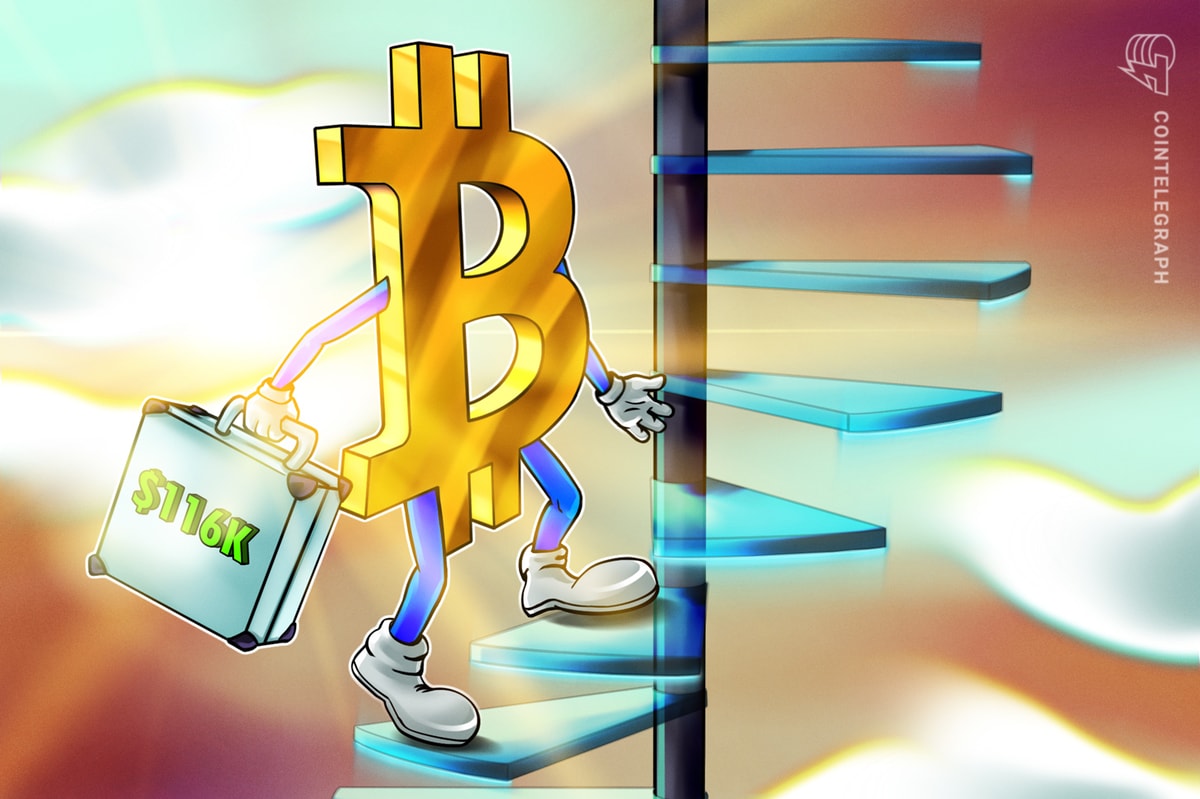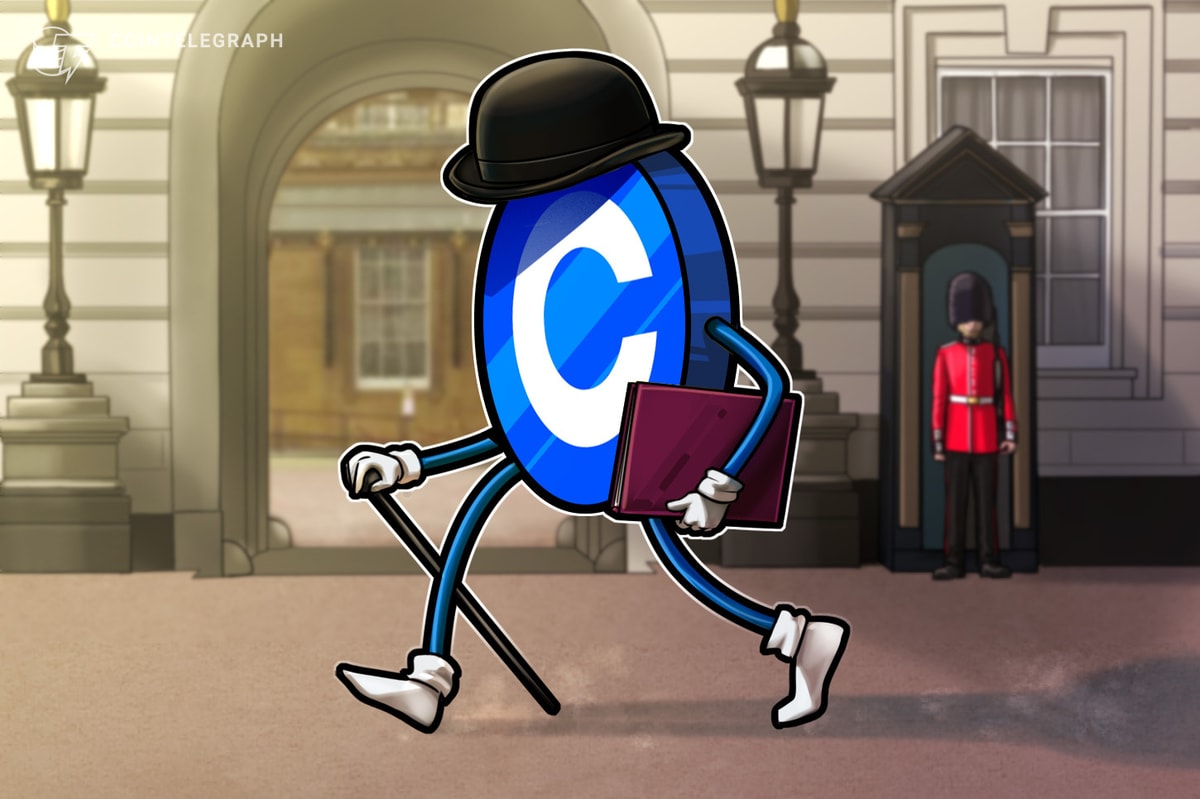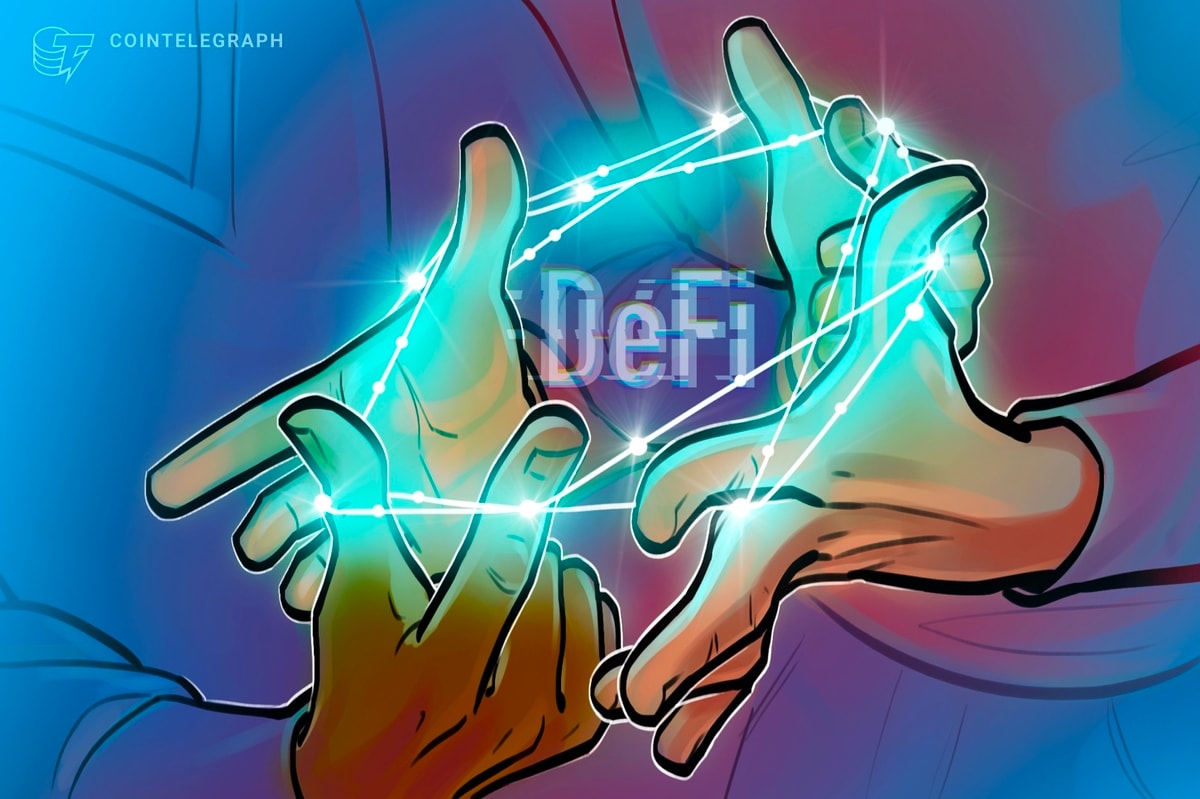Solana Mobile has started shipping the second generation of its mobile device on Monday, supplying users in over 50 countries.
The Seeker phone, which has amassed over 150,000 pre-orders, will feature upgraded technology, a mobile-native crypto wallet and a decentralized application store that bypasses “cryptophobic censorship” seen in app stores today.
Solana Mobile general manager Emmett Hollyer told Cointelegraph that the Seeker comes with hardware improvements across the board compared to the first-generation Saga. “But what really sets Seeker apart is its onchain features.”
One of the device’s onchain features is the seed vault, according to Hollyer. “The Seed Vault provides hardware-level security that keeps private keys, seed phrases and secrets completely separated from the application layer,” while permitting interaction with apps.
Solana Mobile is targeting both developers and crypto enthusiasts with its new device. Developers will have an alternative app marketplace that eliminates the heavy fees charged by Google and Apple app stores. Crypto enthusiasts are expected to find improvements in mobile experience, whether trading NFTs, playing games or using DeFi applications.
The device, which has been sold at two prices, $450 and $500, is forecast to generate at least $67.5 million in gross revenue for Solana Mobile, a subsidiary of blockchain technology company Solana Labs.
The Solana first-generation mobile device, Saga, sold 20,000 units, and sales lagged for months until memecoins stored on the phone made buying profitable.
Related: Solana smartphone Saga triggers mixed reactions from crypto community
TEEPIN architecture for decentralization and security
With Seeker, Solana Mobile will try to decentralize the economy and incentives on the device. The mechanism for this is a technology called TEEPIN, or the “Trusted Execution Environment Platform Infrastructure Network.”
TEEPIN is a three-layer architecture that decentralizes different aspects of the device, from device access to app distribution. It links hardware, verified software, users and network Guardians to create a decentralized mobile platform.
Traditional mobile devices take a hybrid approach, incorporating some aspects of centralization, such as within app stores or security. Decentralization is a key principle in Web3.
In addition, TEEPIN architecture affords Seeker an extra security feature, according to Hollyer. It “provides security through cryptographic attestation. The device can prove to the network that it’s running legitimate software.”
Related: Solana hoses down ‘inaccurate’ CertiK report on Saga phone security flaws
Apple softens app-store rules
Apple, the technology giant with a market capitalization of $3 trillion, had been at the center of an antitrust controversy where it allegedly impeded developers’ ability to communicate with users and levied commissions on off-app purchases.
The court ruling was reportedly a win for crypto app developers, who, after the ruling, could link to an NFT collection or external payment system without needing to pay an entitlement. The court case was fought between Epic Games and Apple.
Crypto apps have been at the center of rulings from governing bodies worldwide. These centralized app stores can block certain apps depending on rulings, such as when Google Play blocked access to 17 unregistered exchanges in South Korea.
Magazine: Memecoins are ded — But Solana ‘100x better’ despite revenue plunge
Read the full article here







